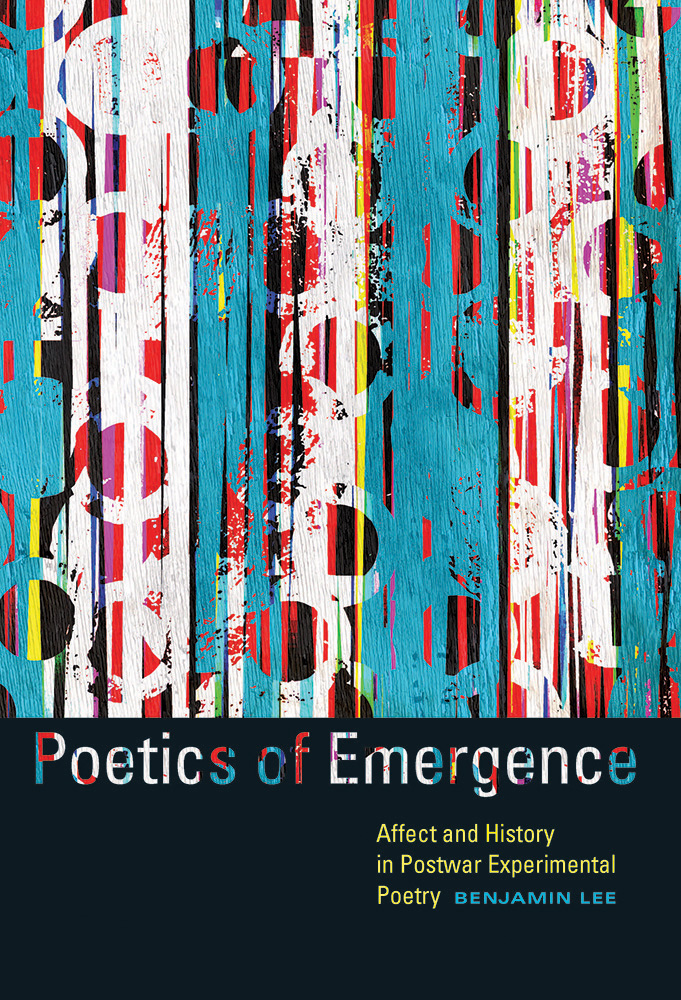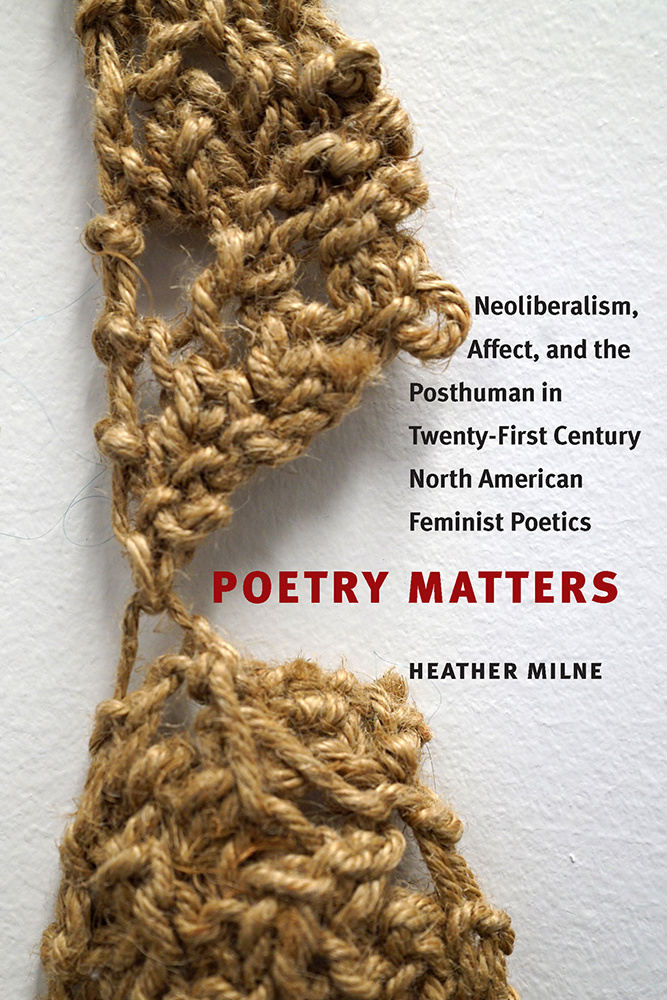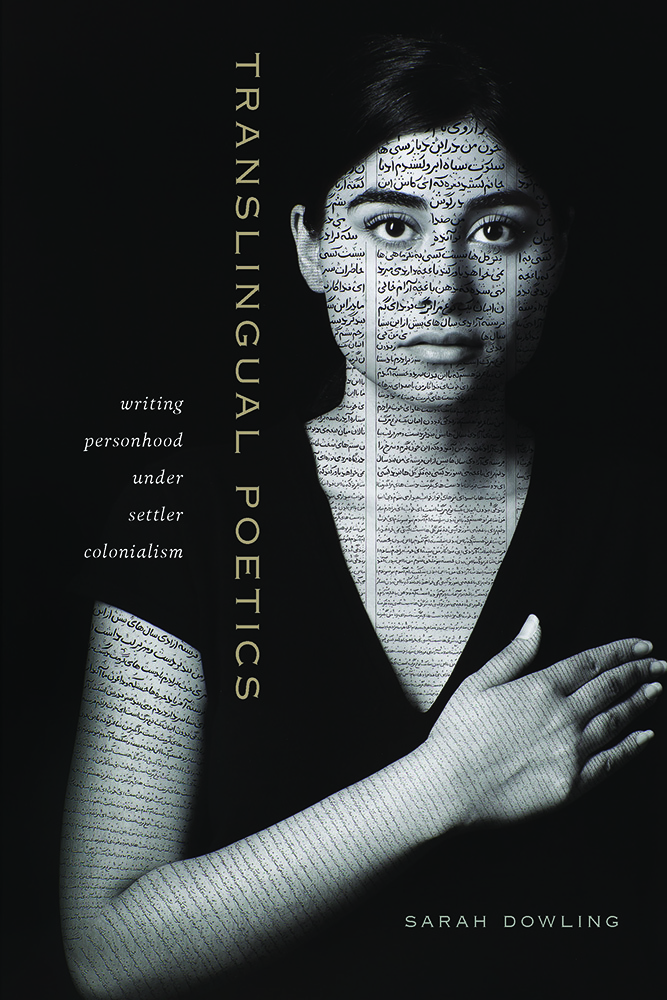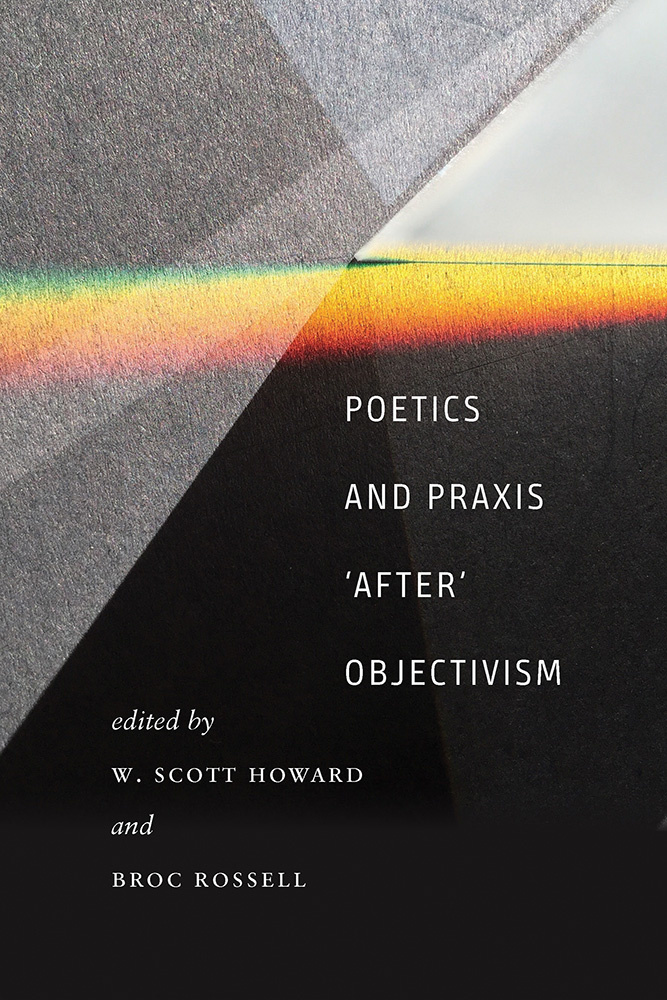Experimental poetry responded to historical change in the decades after World War II with an attitude of such casual and reckless originality that its insights have often been overlooked. However, as Benjamin Lee argues, to ignore the scenes of self and the historical occasions captured by experimental poets during the 1950s and 1960s is to overlook a rich and instructive resource for our own complicated transition into the twenty-first century.
Frank O’Hara and fellow experimental poets like Amiri Baraka, Diane di Prima, and Allen Ginsberg offer us a set of perceptive responses to Cold War culture, lyric meditations on consequential changes in U.S. social life and politics, including the decline of the Old Left, the rise of white-collar workers, and the emergence of vernacular practices like hipsterism and camp. At the same time, they offer us opportunities to anatomize our own desire for historical significance and belonging, a desire we may well see reflected and reconfigured their work.
“Benjamin Lee’s Poetics of Emergence reveals how experimental poets sought to make sense of the social transformations underway in postwar United States, giving poetic shape to experiences that could be felt before they could be known. A powerful work of literary criticism and a lucid distillation of affect theory, it suggests that these poets’ responses to their own historical present might also help us decipher how we feel about our own.”—Brian Glavey, The Wallflower Avant-Garde: Modernism, Sexuality, and Queer Ekphrasis
“Dealing primarily with the New American Poetry movement of the 1950s and 1960s, Ben Lee considers the early Cold War years as the nexus for history-making experimental writing, suggesting that the anxiety of the age was transformed by able hands into an emergent opportunity, one in which historical consciousness and everyday rebellion coalesced in poems we keep coming back to. Lee focuses on four poets (Frank O’Hara, Amiri Baraka, Diane di Prima, Allen Ginsberg) who stood at the ‘pivot’ between ‘everyday life’ and ‘historical incitement.’ Defying the technocratic intelligentsia and men in grey flannel suits, these poets, with their highly intuitive interventions, said as much about Cold War history as did ‘vital center’ intellectuals offering theoretical formulations or public policy statements. Literary history truly comes alive in Lee’s vibrant new book.”—Timothy Gray, author, Gary Snyder and the Pacific Rim: Creating Countercultural Community (Iowa, 2006)
“Combining cultural history, affect theory, and nuanced close readings, Benjamin Lee’s incisive, beautifully written book persuasively argues for a different postwar American poetry—one profoundly attentive to the lived contradictions of Cold War culture, to how history feels just as it is emerging. A brilliant, compelling new approach to the endlessly vexing question of poetry and politics.”—Andrew Epstein, author, Attention Equals Life: The Pursuit of the Everyday in Contemporary Poetry and Culture



